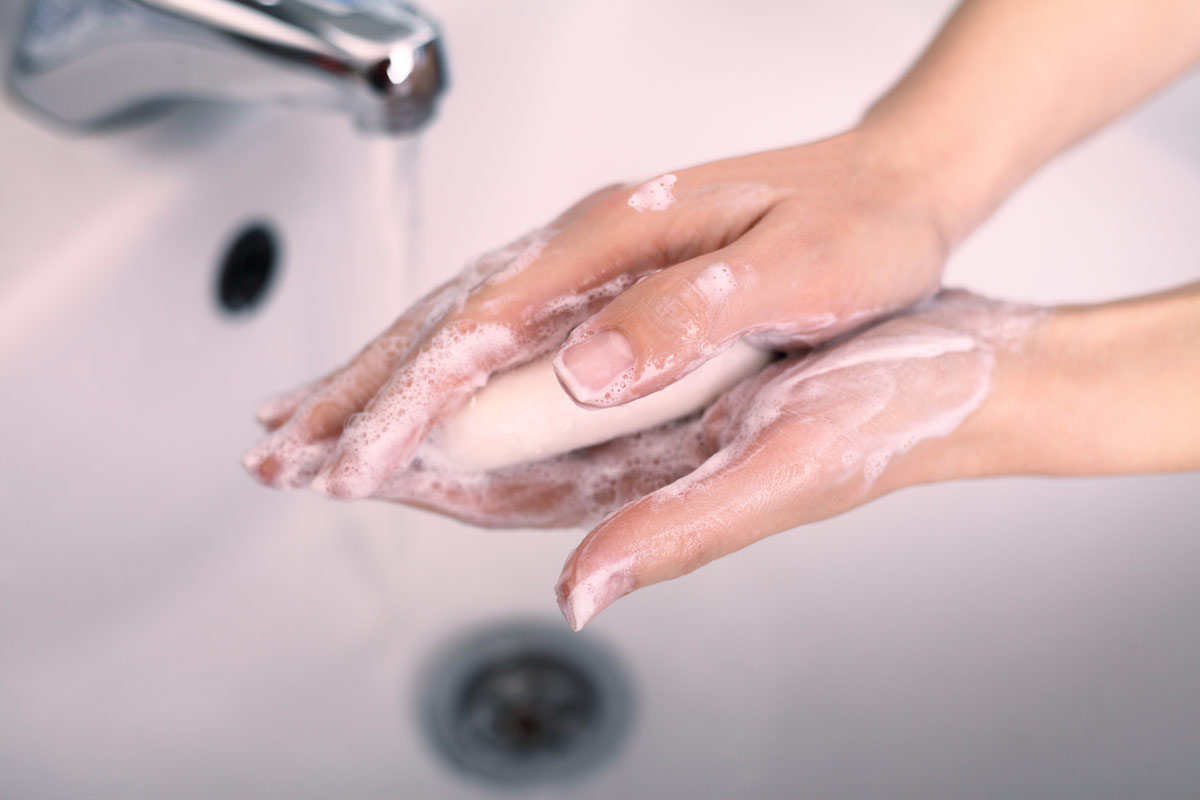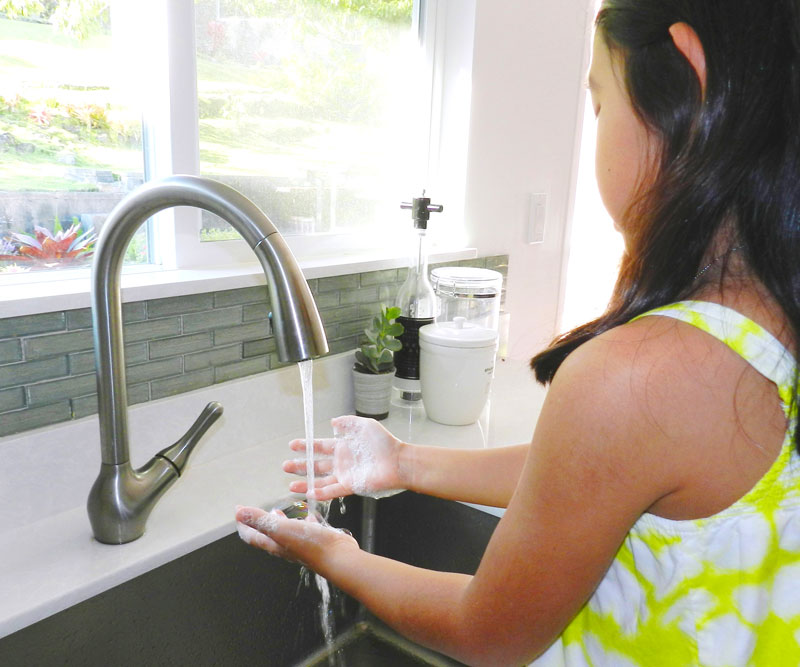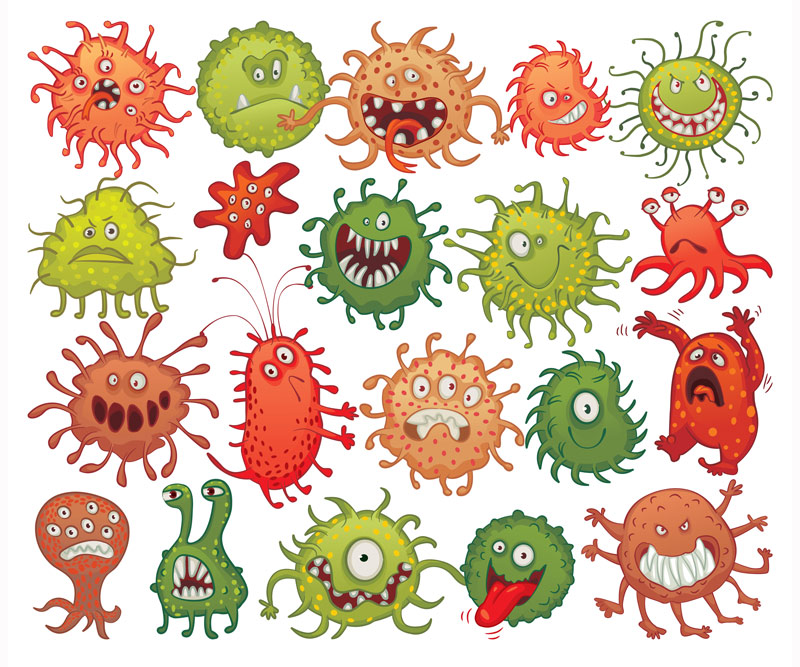
Send Superbugs Down the Drain with Good Personal Hygiene
Right now, there are millions of microscopic bacteria living on your body.
No need for alarm. Most of these microorganisms are harmless – in fact, some bacteria, such as the ones found in your gut, are beneficial to your health.
But there are still strains of germs that can do some pretty major damage if they penetrate your body’s natural defense system.
One such baddie is Methicillin-resistant Staphylococcus aureus, also known as MRSA.
“MRSA is a result of misuse of antibiotics,” says Dr. Maria Yonahara, a primary care physician at the Straub Medical Center – Kailua Clinic.
“If antibiotics are not taken for the full course, the remaining bacteria become stronger and resistant to antibiotics. Over time, this is how a simple skin bacteria – Staphylococcus aureus – developed into MRSA, which is now plaguing our community,” Yonahara explains.
Approximately one-third of the human population chronically carries some variety of Staphylococcus aureus bacteria, commonly referred to as “staph.”
Generally, the bacteria hang out on the skin or in the nose and don’t bother their host. Even if they find their way into the body – most often through a cut or some other open wound – they usually don’t cause any major health problems besides minor skin irritations.
However, due to decades of antibiotic overuse, the drug-resistant super strain of staph known as MRSA has emerged, and its side effects are pretty nasty.
MRSA symptoms include:
- Skin redness.
- Painful swelling.
- Skin feeling hot to the touch.
- Wounds that are full of pus.
- Fever.
What’s more, because MRSA is resistant to many antibiotics, the infection can linger and affect other areas of the body, including the:
- Lungs.
- Heart.
- Bones.
- Joints.
- Bloodstream.
According to Yonahara, anyone can get MRSA through direct skin-to-skin contact with an infected person or by sharing a personal item, like a towel that has touched infected skin.
“Studies have shown that 2 percent of the population are carriers of MRSA,” Yonahara says, noting that the risk of infection increases in crowded environments, such as schools or gyms.
“MRSA is a problem nationwide,” Yonahara says.
The key to combating the spread of MRSA remains good old-fashioned personal hygiene:
- Washing hands often.
- Bathing, especially after exercise.
- Keeping cuts clean and covered until healed.
“Avoid sharing personal items such as razors,” Yonahara adds, “and see your doctor early if you think you may be infected.”
Published on: September 27, 2015




